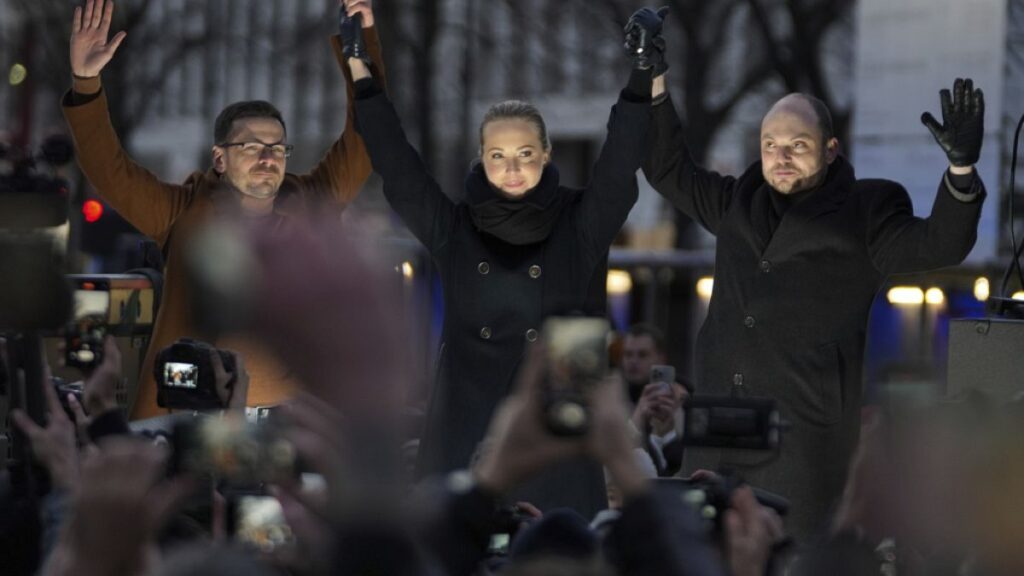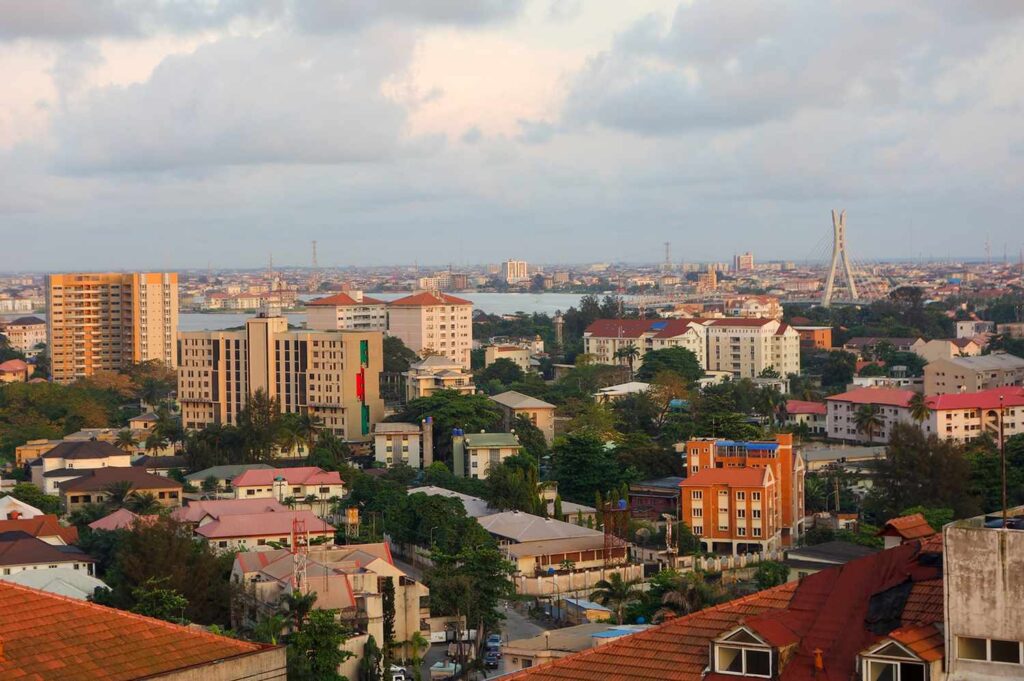Prominent Russian opposition figures led a march of at least 1,000 people in central Berlin on Sunday, against President Putin and his war in Ukraine
Prominent Russian opposition figures led a march of at least 1,000 people in central Berlin Sunday, criticising Russian President Vladimir Putin and his war in Ukraine and calling for democracy in Russia.
Behind a banner that read “No Putin. No War,” the protesters were led by Yulia Navalnaya, the widow of top Putin critic Alexei Navalny, as well as Ilya Yashin and Vladimir Kara-Murza, who were freed from Russian detention in a high-profile prisoner exchange this summer.
Shouting “Russia without Putin” and other chants in Russian, the demonstrators held up signs with a wide array of messages on a red background, including “Putin = War” and “Putin is a murderer” in German.
Some marched with the flags of Russia or Ukraine, as well as a white-blue-white flag used by some Russian opposition groups.
Organisers said the march began near Potsdamer Platz and went through the Brandenburg Gate and Checkpoint Charlie and was expected to end outside the Russian Embassy.
“The march demands the immediate withdrawal of Russian troops from Ukraine, the trial of Vladimir Putin as a war criminal, and the release of all political prisoners in Russia,” the protesters said in a statement.
Yashin, in a statement before the demonstration, said demonstrators were “using the freedom we have here in Berlin to show the world: A peaceful, free, and civilised Russia exists.”
Navalnaya, Yashin and Kara-Murza have all billed Sunday’s rally as a show of unity at a time when recent rounds of acrimony have roiled the anti-war camp.
Russia’s exiled anti-war opposition has so far largely failed to speak with one voice and present a clear plan of action.
The landmark East-West prisoner swap in August freed key dissidents and promised to reinvigorate a movement unmoored by the death in prison of Navalny, a charismatic anti-corruption campaigner and arch-Kremlin foe.
Instead, tensions have spiked in recent months, as Navalny’s allies and other prominent dissidents swapped accusations that appeared to dash any hopes of a united anti-Kremlin front.
Many opposition-minded Russians have voiced deep frustration with the infighting, and with what some view as efforts by rivalling groups to discredit and wrest influence from one another.


